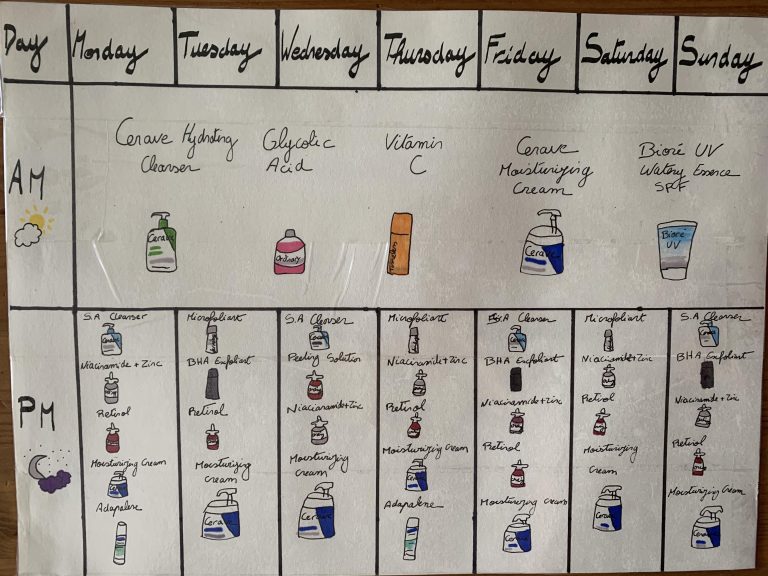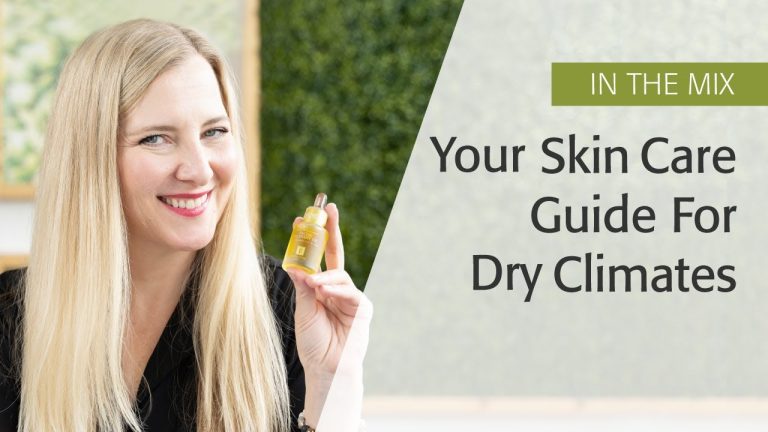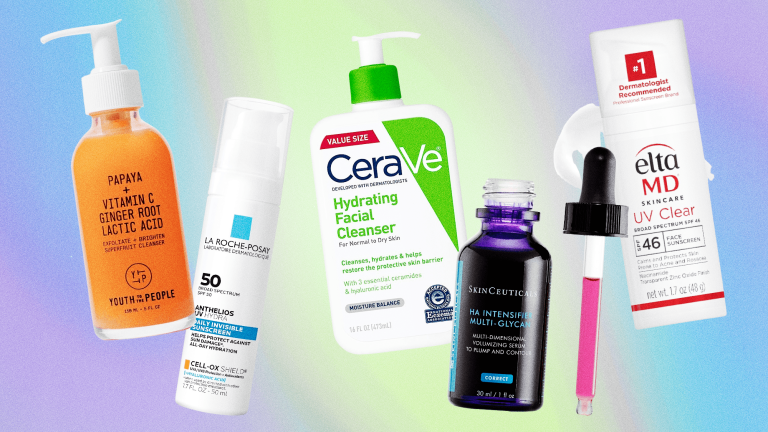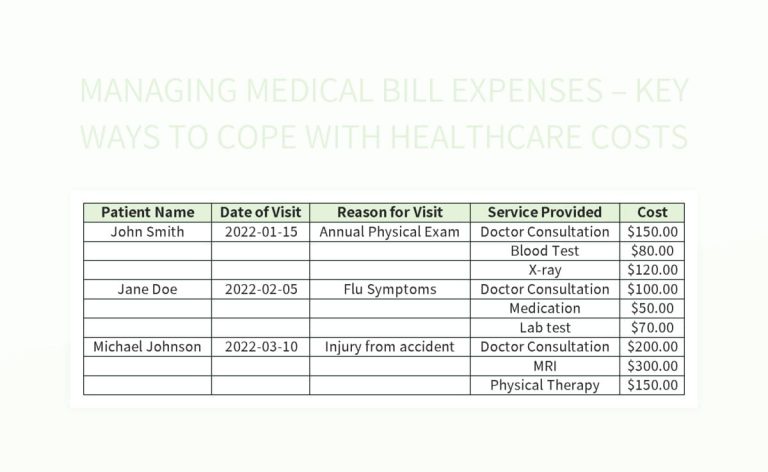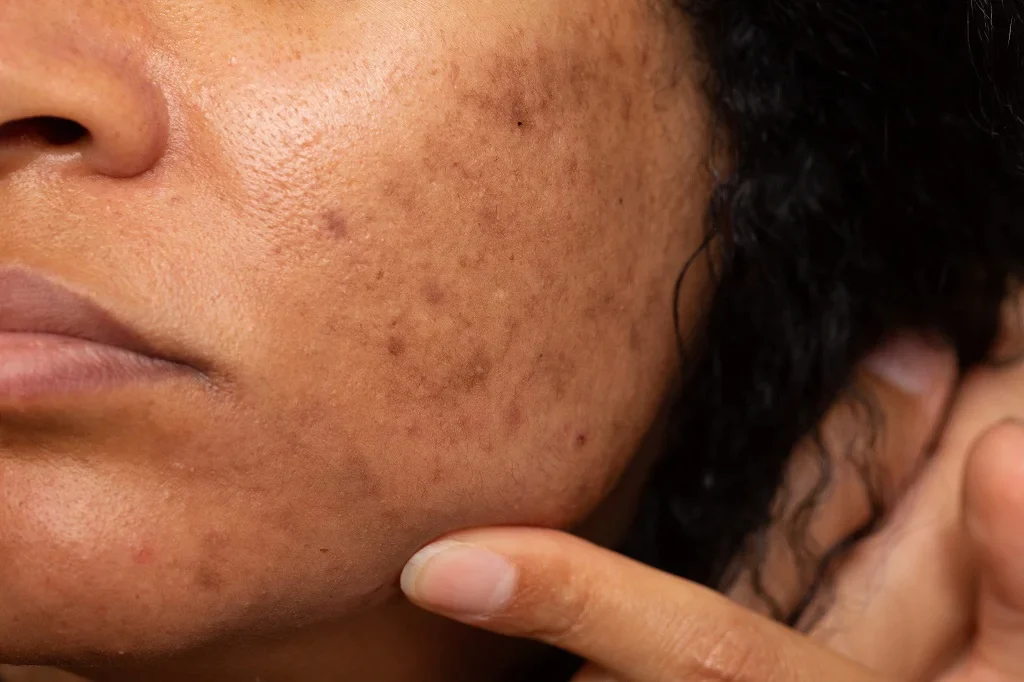
Dark spots from acne will typically fade on their own over time, but you can speed up this process with over-the-counter and prescription treatments. Gentle chemical exfoliants or acids such as glycolic, lactic, mandelic or gluconolactone may help to fade discoloration faster, providing even skin tone and texture.
Try not to pick at your pimples as this can lead to further damage and dark spots. Instead, opt for non-comedogenic makeup and skin care products which won’t clog your pores.
Causes
Acne dark spots (postinflammatory hyperpigmentation) are areas of darker skin that appear after inflammation and damage from acne lesions such as pustules, nodules and cysts have caused inflammation. Melanin production increases to help your complexion heal itself more effectively; picking at and squeezing pimples also results in dark spots being formed, further aggravating them.
Hormonal changes during puberty, especially, may prompt oil glands near hair follicles in the skin to produce abnormal sebum levels, leading to clogged pores and subsequent formation of blackheads, whiteheads, or other forms of acne.
Some dark spots may fade on their own over time, taking months. To speed up this process, a dermatologist can prescribe treatments such as retinoids, hydroquinone and chemical peels. Furthermore, they may recommend specific in-office treatments designed to reduce dark spots and scars.
Symptoms
Pimple-related dark spots that remain after healing is caused by inflammation and an excess production of melanin; those with darker skin tones tend to be more vulnerable; this condition is known as post-inflammatory hyperpigmentation.
Pimples form when bacteria, oil and dead skin accumulate within pores. Clogged pores often manifest themselves with blackheads or whiteheads while larger blemishes may grow into nodules beneath the surface of skin. Dark spots from acne may form when picking at or trying to pop an acne blemish which damages surrounding cells and creates dark spots on skin surface.
Acne dark spots often take the form of flat discolorations on the skin ranging in hue from pink or red to tan and brown, usually appearing as flat discolorations on either cheek. Although acne dark spots typically fade with time, home remedies and over-the-counter products may speed up this process for those afflicted by them. Individuals who find their dark marks interfering with daily activities should seek professional treatment for faster healing.
Treatment
A dermatologist can assist in the reduction of dark spots by strengthening your skin’s healing processes, improving complexion, and preventing future breakouts.
Acne dark spots (commonly referred to as postinflammatory hyperpigmentation) occur when inflammation from pimples spreads into deeper layers of the skin where pigment-producing cells live. Picking or squeezing acne lesions – particularly painful pustules, cysts and nodules – may damage these cells, prompting them to produce excess melanin which results in discoloration at their previous locations.
Dark spots from acne may take months or years to fade without treatment, but with consistent skin care and hygiene regimens you can improve their appearance while also preventing their reappearance.
We suggest using a benzoyl peroxide 2.5% cleanser and salicylic acid exfoliant two or three times every week in order to reduce inflammation and improve your complexion. In addition, we advise using a topical lightening cream containing ingredients such as tranexamic acid, kojic acid, potassium azeloyl diglycinate, or alpha arbutin as they act as tyrosinase inhibitors that prevent melanin production.
Prevention
Pimple scars may fade on their own after healing, but there are steps you can take to help avoid future discoloration.
Avoid picking at or squeezing your skin to reduce inflammation and the risk of post-inflammatory hyperpigmentation (PIH), especially if acne makes you more prone to it. Furthermore, using a sunscreen with SPF 30+ daily could also help.
Consider incorporating brightening ingredients like tranexamic acid, kojic acid, liquorice root extract, alpha arbutin or niacinamide into a serum or moisturizer that contains these tyrosinase inhibitors into your routine to combat melanin production and decrease dark spots and improve uneven complexions. Furthermore, professional facial peel treatments may also help fade existing dark spots while helping improve overall complexion.
Avoid makeup, skincare and suncare products which contain oil that clog your pores; clean twice a day using gentle cleansers that don’t strip the skin’s natural oils away.

